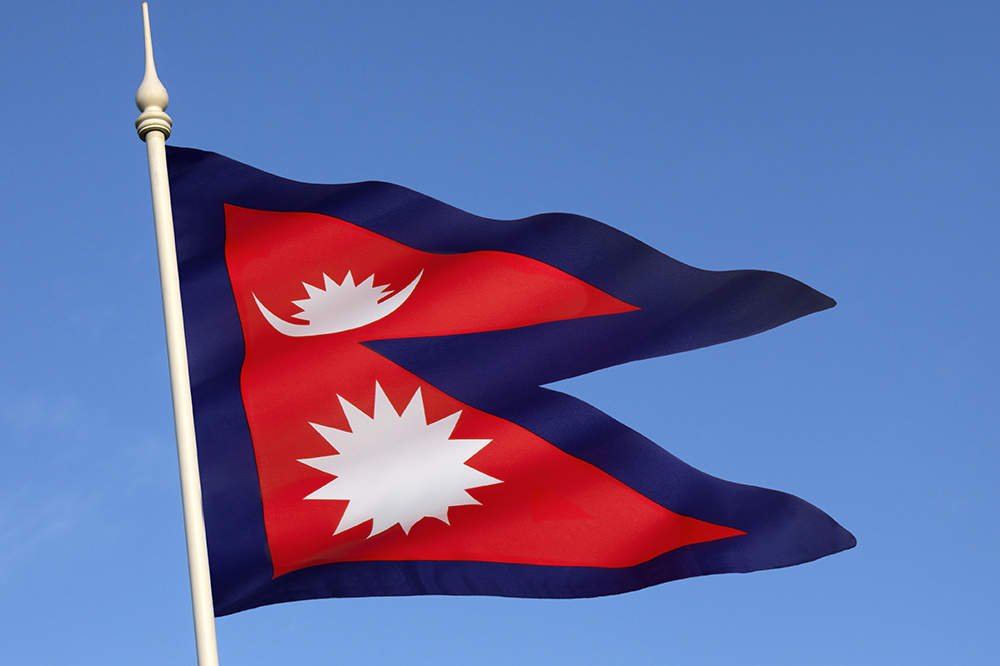On the eve of the annual International Day of the Victims of Enforced Disappearances, the ICJ once again calls on the Nepali authorities to provide justice to the hundreds of victims of enforced disappearances committed during the decade-long armed conflict.
Members of both the state security forces and the Maoist insurgents engaged in widespread human rights abuses, many of which constitute crimes under international law.
Conflict-related “disappearances” were reported as early as 1997 and escalated significantly following the declaration of a state of emergency and mobilization of the Royal Nepalese Army in November 2001.
“It has been eight years since the end of the armed conflict, but even now the fate and whereabouts of more than a thousand possible victims of enforced disappearance are unknown, and perpetrators have still not been brought to justice,” said Sam Zarifi, ICJ’s Regional Director for Asia and the Pacific.
The impunity for enforced disappearances has continued even after two landmark rulings by the Supreme Court on accountability for enforced disappearances.
In Rajendra Prasad Dhakal v. Government of Nepal (2007), the Supreme Court directed the Nepali government to criminalize enforced disappearance in accordance with the UN International Convention for the Protection of All Persons from Enforced Disappearance, take action against officials found guilty of perpetrating enforced disappearances, and ensure that amnesties and pardons were not available to those suspected or found guilty of the crime.
More recently, in Madhav Kumar Basnet v. the Government of Nepal (2014), the Supreme Court reiterated the findings of the Rajendra Dhakaljudgment, and expressly held that provision of amnesty goes “against the victims’ fundamental right to justice, including their right to life and liberty, right to information, right against torture, and the accepted principles of justice.”
In flagrant disregard of the Supreme Court rulings, on 11 May 2014, the Legislative-Parliament of Nepal passed the Commission on Investigation of Disappeared Persons, Truth and Reconciliation Act (TRC Act), which establishes procedures to form a commission of inquiry on enforced disappearances and other human rights violations.
The TRC Act has been criticized by observers inside and outside Nepal as part of a cynical bargain between political parties, as the law empowers the Commission of Inquiry on enforced disappearances to recommend granting amnesty for enforced disappearance and other gross violations of human rights carried out during the conflict.
Key provisions of the Act are not in accordance with Nepal’s international law obligations, including under the International Covenant on Civil and Political Rights (ICCPR), which Nepal acceded to in 1991.
The Act also blatantly flouts the Supreme Court’s 2007 and 2014 rulings and still does not criminalize enforced disappearance in the country.
“It is essential that laws establishing justice mechanisms for countries in transition comply with the Supreme Court’s judgments and Nepal’s obligations under international law,” said Zarifi. “Nepal must recognize that reconciliation can only be built on a foundation of justice and accountability, not on impunity for serious crimes and human rights abuses.”
The ICJ urges the Government of Nepal to:
1. Amend the Commission on Investigation of Disappeared Persons, Truth and Reconciliation Act to ensure it meets Nepal’s international human rights obligations and directives of the Supreme Court. This would require, at the minimum, to:
- Amend section 22 to provide that any mediation between victims and alleged perpetrators must take place only with the informed consent of the victim;
- Amend section 25 to enable the Commission to recommend investigation and prosecution, where required in accordance with Nepal’s obligations under international law, even in those cases that have been mediated;
- Repeal section 26 to exclude any possibility of amnesty for gross violations of human rights, including enforced disappearance.
2. Criminalize enforced disappearances in the penal code in line with the internationally agreed definition set out in the International Convention for the Protection of All Persons from Enforced Disappearance, as directed by the Supreme Court in Rajendra Dakal v. the Government of Nepal.
3. Ratify International Convention for the Protection of All Persons from Enforced Disappearance.
4. Ensure that in Nepal’s legal system, the victims of enforced disappearance, including family members of “disappeared” persons, have the right to obtain reparation and prompt, fair and adequate compensation; and they can effectively exercise that right in practice.
Contact
Sam Zarifi, ICJ Asia-Pacific Regional Director, (Bangkok) t: +66 807 819 002 (mobile); email: sam.zarifi(a)icj.org




